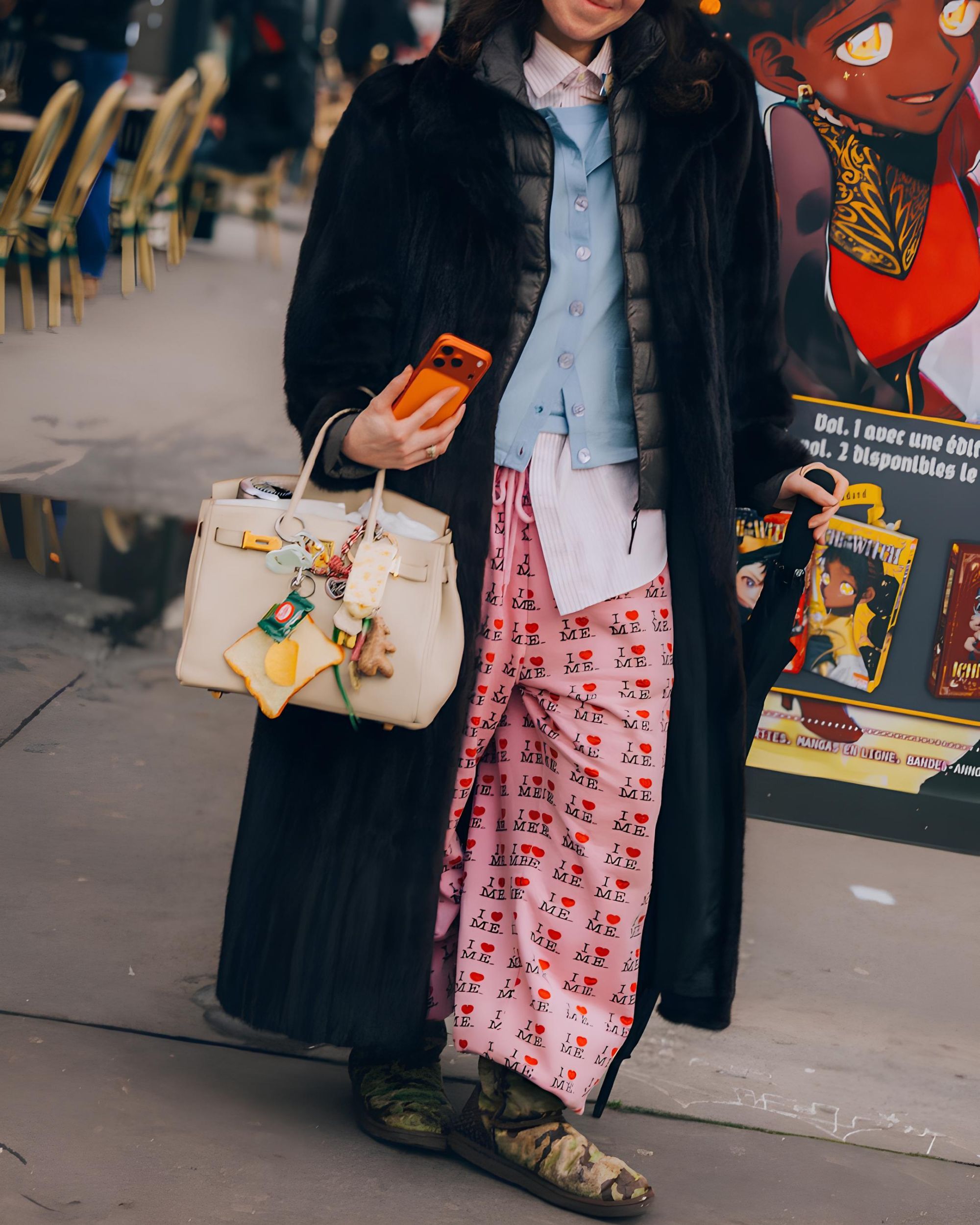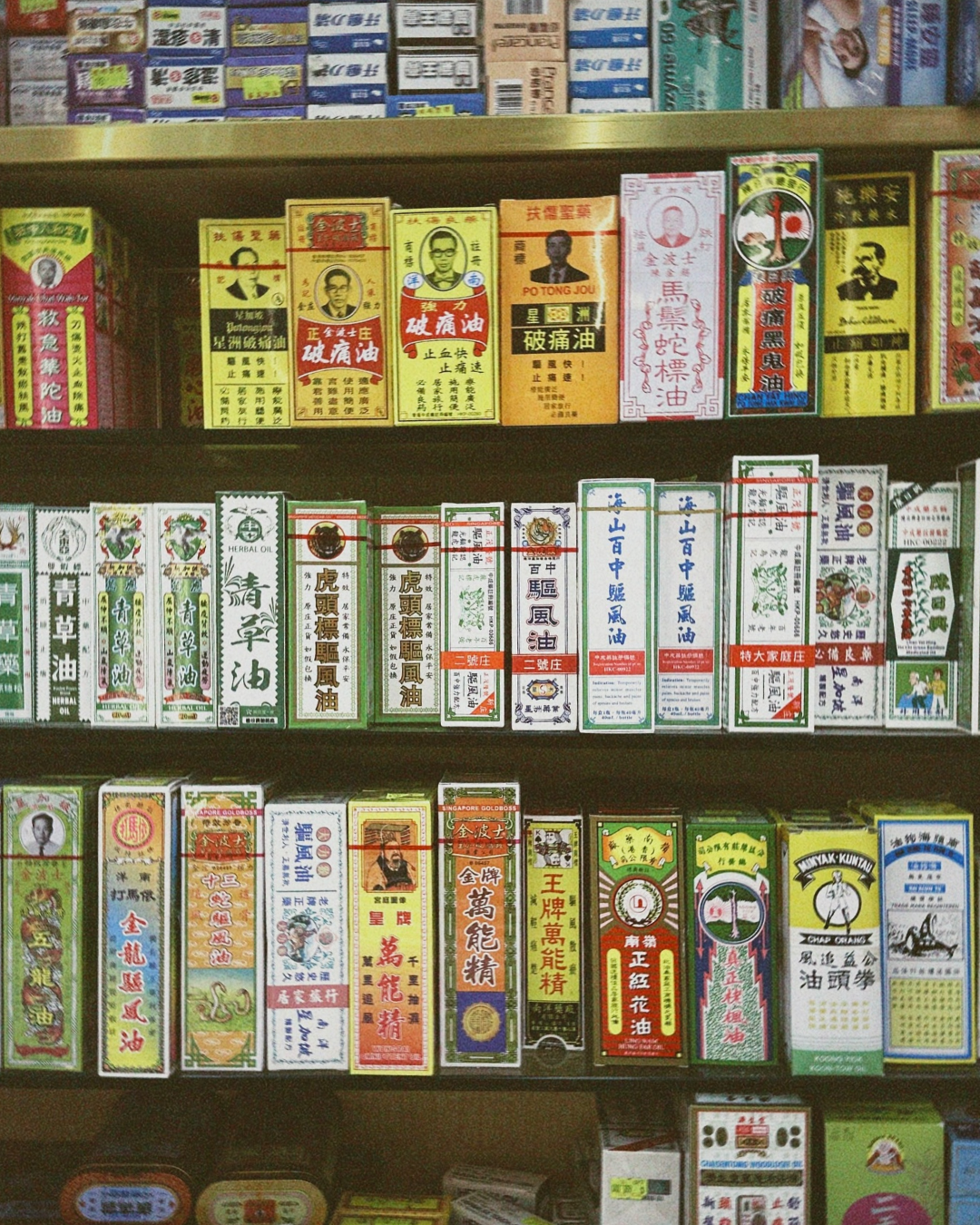
Meta's problem with fake items A new scandal for Zuckerberg
After last Wednesday's huge stock market losses, Meta has a new scandal to deal with: the proliferation of counterfeit designer items, a problem that affects all social platforms equally, but particularly Facebook and Instagram. According to a study conducted by Ghost Data and reported by highsnobiety, from June to October 2021, the two social media hosted a total of more than 46,000 active accounts run by counterfeiters, benefiting from features such as direct messages visible only once and Instagram Stories valid 24h that make it significantly easier for users to peddle fake designer items without leaving a trace. "Facebook and Instagram are the key marketplaces where counterfeit goods are being sold to the general public. It was eBay 10 years ago and Amazon five years ago," said Benedict Hamilton, CEO of Kroll, a private investigation firm hired by brands harmed by counterfeiting and smuggling.
In addition to the community of people wrongfully scammed, a substantial online community of conscious lovers and buyers of fake items has developed in parallel. Subreddits such as r/fashionreps, r/designerreps, r/qualityreps and r/couturereps exist for the sole purpose of finding and discussing convincing counterfeits, while also providing guidance on the production and sale of replicas. While on TikTok the hasthtag #dupesnation boasts more than 5 million views, haul videos in which users show off newly purchased counterfeit goods and evaluate their making are even popular.
While the sale of counterfeit goods on social media platforms might not seem like a new phenomenon, given that Instagram's dupe problem has existed for years, the Reuters report only exacerbates the company's ongoing struggle to rehabilitate its own public image after the 2018 scandal revealed that Cambridge Analytica, according to which the personal data of 87 million Facebook accounts had been used without consent for political propaganda purposes, and which led Zuckerberg before the American court. As shown by the data collected by Cecilia Kang, journalist for the New York Times and author along with Sheera Frenkel of the bestseller Facebook: the final investigation, Meta's shares continue to fall and at this point are worth less than a quarter of Apple's market valuation.















































